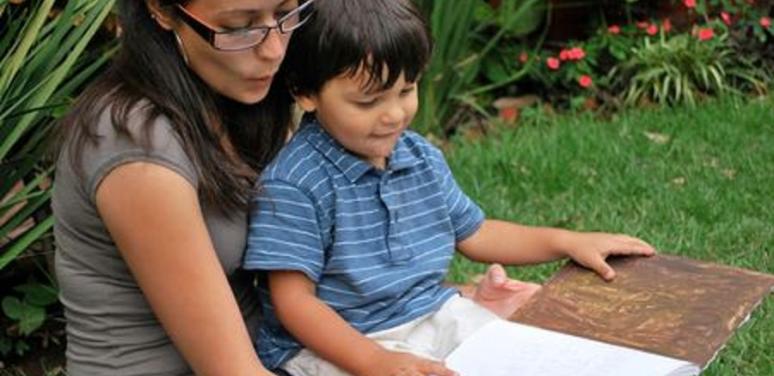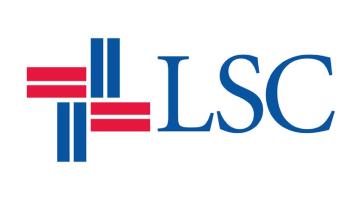Table of Contents
Summer Services For Special Eduction Students

|
Summer Services for Special Education Students - Revised March 2016.
|
Summer School
Summer school classes are regular curriculum classes that are available to all students. Special education students should be allowed to participate in summer school classes in the same way that non-disabled students are allowed to participate.
Failure to allow special education students to access regular summer school programs may, depending on the specific factual situation, be a violation of §504 of the Federal Rehabilitation Act.
|
Extended School Year Services |
Extended School Year—ESY—services are available during the summer to special education students only.
A student is eligible for Extended School Year programs if the Individualized Education Program—IEP—team determines that Extended School Year services are necessary in order to provide the student with a Free and Appropriate Public Education—FAPE.
Many courts use a “regression-recoupment” assessment to decide whether a particular student is entitled to Extended School Year services. In other words, will failure to provide instruction during the summer make it likely that the student will not be able to retain the information that he has learned over the school year? If the answer is “yes” the student is entitled to Extended School Year services.
When deciding whether or not Extended School Year services are appropriate, courts may also consider the nature of the child’s disability, severity of the disability, areas of learning crucial to the child attaining self-sufficiency and independence, child’s progress, and behavioral/physical needs.
All of the special education requirements that apply to educational programs during the regular school year apply equally to Extended School Year services.
For example, students must be placed in the least restrictive environment in Extended School Year programs, just as they would during the regular school year.
The school does not have to provide all of the programs that would be available during a regular school year, but it must maintain those programs and services that are necessary to implement a student’s Individualized Education Plan, such as language services, resource services, and para-professional aids.
|
Evaluation of Special Education Students for Summer Services |
After you make a request for evaluation or re-evaluation, the school district has thirty days to obtain informed consent from you to proceed with special education evaluation testing.
Once informed consent has been obtained, the school district has sixty days to complete the evaluation and hold a meeting to decide whether or not your child qualifies as having a disability under the Individuals with Disabilities Education Improvement Act—IDEIA. The meeting is generally called an eligibility conference and you, the parent/guardian, must be notified of the meeting and allowed to participate.
Within thirty days after your child is identified as having a disability, the school must form a team of teachers and specialists (and you, the parent) to develop an appropriate Individualized Education Program for the student. This team is called the IEP team.
These timelines have changed slightly due to the reauthorization of the federal law—the 2004 Individuals with Disabilities Education Improvement Act.
Historically, Missouri Department of Elementary and Secondary Education (DESE) has allowed exceptions to the timelines—for “good cause.” DESE has allowed the district to toll (not count) the days during the summer break for initial evaluations. This means that schools may not be required to do initial evaluations during the summer.
However, if the school has not met the deadlines prior to the summer, it still may be useful to file a child complaint or due process hearing request for violation of the deadline during the school year. In addition, the state department of education has ruled that re-evaluations are not subject to the good cause exception.
Notice
Prepared by Missouri legal aid lawyers. Acknowledgment is given to Children’s Legal Alliance, the source of much of this material. March, 2006. Sometimes the laws change. We cannot promise that this information is always up-to-date and correct. If the date above is not this year, call us to see if there is an update. We provide this information as a public service. It is not legal advice. By sending you this information, we are not acting as your lawyer. Always consult a lawyer, if you can, before taking legal action.

